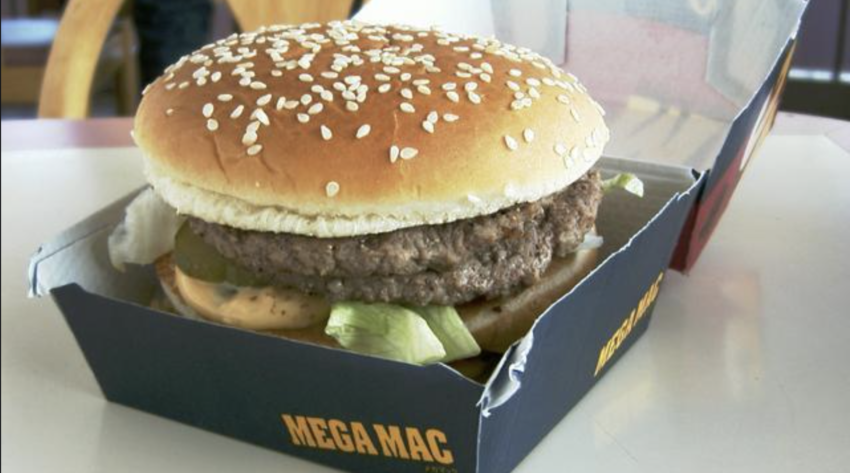FOX NEWS – Super-processed packaged foods have become prevalent in U.S. diets — and experts are warning of the potential effects.
Recent research has shown that 60% of Americans’ daily caloric intake comes from ultra-processed foods (UPFs).
A study published by the BMJ revealed that exposure to UPFs was associated with 32 poor health outcomes, including mental, respiratory, cardiovascular, gastrointestinal and metabolic complications.
Some of the linked conditions include cancer, heart disease, metabolic syndrome, non-alcoholic fatty liver disease and type 2 diabetes.
While America’s diet is 60% ultra-processed overall, registered dietitian nutritionist Ilana Muhlstein warned that consumption among American kids is even higher than that.
…article continued below
– Advertisement –
“With children, it’s actually over 70%,” the Los Angeles-based expert told Fox News Digital. “That is really wild when you think about it.”
She added, “What we eat defines how our cells work, how our organs work, and we’re seeing a strong decline in mental health and well-being.”
Muhlstein said people are not consuming the vitamins, minerals or healthy fat sources as previous generations did.
Instead, today’s kids are ingesting “plenty of fat” that comes from ultra-processed seed oils, fried foods and sugary foods, she said.
“We’re actually seeing that this next generation might be the first generation to … have a shorter lifespan than their parents due to nutrition and lifestyle factors,” Muhlstein said.
…article continued below
– Advertisement –
Studies have shown that providing children with a nutritious diet improves their mental well-being, behavior and academic achievement, noted Muhlstein, who teaches a kids’ nutrition course called “Raising Balanced Eaters.”
The goal isn’t necessarily to get to 0% ultra-processed foods, Muhlstein noted, as that would likely be unrealistic.
The nutritionist encouraged parents to follow the “80/20 rule” when feeding their kids, which would include 80% of whole foods like eggs, fish, meat, fruits and vegetables, and 20% of not-so-nutritious foods like chips, cookies and ice cream …
